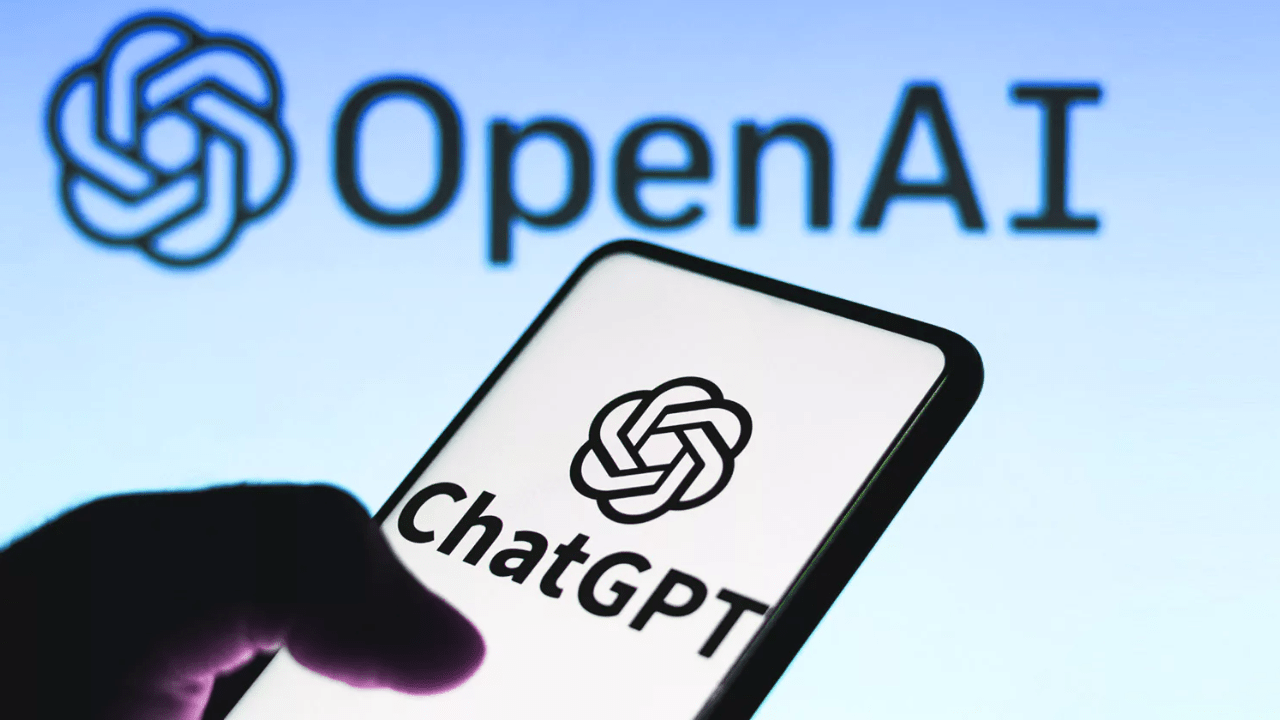
OpenAI has unveiled a major expansion of its ChatGPT platform with the launch of a new generation of AI-powered apps now accessible directly within chats. Alongside this rollout, the company also introduced an Apps SDK (software development kit), enabling developers to build interactive applications that work seamlessly inside ChatGPT.
The announcement, made in a blog post on Monday, outlines a bold vision to make ChatGPT not just a chatbot, but a platform for everyday tasks, creativity, education, productivity, and more.
“Apps respond to natural language and include interactive interfaces you can use right in the chat,” the company stated.
These new capabilities allow users to interact with services like Spotify, Canva, Coursera, Zillow, Booking.com, and others without ever leaving the ChatGPT interface. Users can either type commands like “Canva, help me design a birthday invitation,” or receive app suggestions during conversation based on context.
Apps Now Live for Global Users (Excluding EU)
The initial rollout is now live for all logged-in ChatGPT users on the Free, Go, Plus, and Pro plans except users in the European Union, where support will arrive later. All apps currently support English, and are functional in countries where the services are already available.
OpenAI revealed that 11 more partners: including Uber, TripAdvisor, Khan Academy, Instacart, and DoorDash will join the app ecosystem later this year.
SDK Opens the Door for Developer Innovation
The new Apps SDK, now available in developer preview, is built on the Model Context Protocol (MCP) standard and allows developers to:
- Define both the interface and logic of their apps
- Integrate apps with existing backend systems
- Enable login or premium features for existing customers
Developers are encouraged to begin building immediately, with access to full documentation, UI guidelines, and a GitHub repository of open-source examples.
“For developers, building with the Apps SDK makes it possible to reach over 800 million ChatGPT users at just the right time,” OpenAI noted.
The company says it will start accepting app submissions later this year, with monetization tools for developers also in the pipeline.
Apps within ChatGPT can now combine natural language interaction with interactive tools, allowing users to, for example, create a music playlist, book a trip, or browse real estate listings without leaving the chat.
Zillow’s AI lead, John Weisberg, described the integration as a “first-of-its-kind experience,” saying it makes the process of finding a home “faster, easier, and more intuitive.”
For instance, users can say:
“Zillow, find me a 3-bedroom house in Abuja with a garden.”
ChatGPT would then trigger the Zillow app, embedded with interactive results.
Data Privacy, Transparency, and Control
OpenAI emphasized its commitment to user privacy. Each app must comply with strict policies on:
- Data minimization
- Transparency on permissions
- Clear privacy disclosures
Users will be prompted to approve data sharing the first time they connect an app, and OpenAI says more granular controls will roll out later this year, allowing users to customize what each app can access.
Why It Matters
This update is part of OpenAI’s broader goal to transform ChatGPT into an AI productivity platform, positioning it as an all-in-one interface for work, creativity, learning, and personal tasks,all while giving developers a new channel to reach hundreds of millions of users.
With backing from high-profile partners and a focus on trust and usability, ChatGPT’s app ecosystem may soon rival traditional app stores except it’s powered by conversation.



